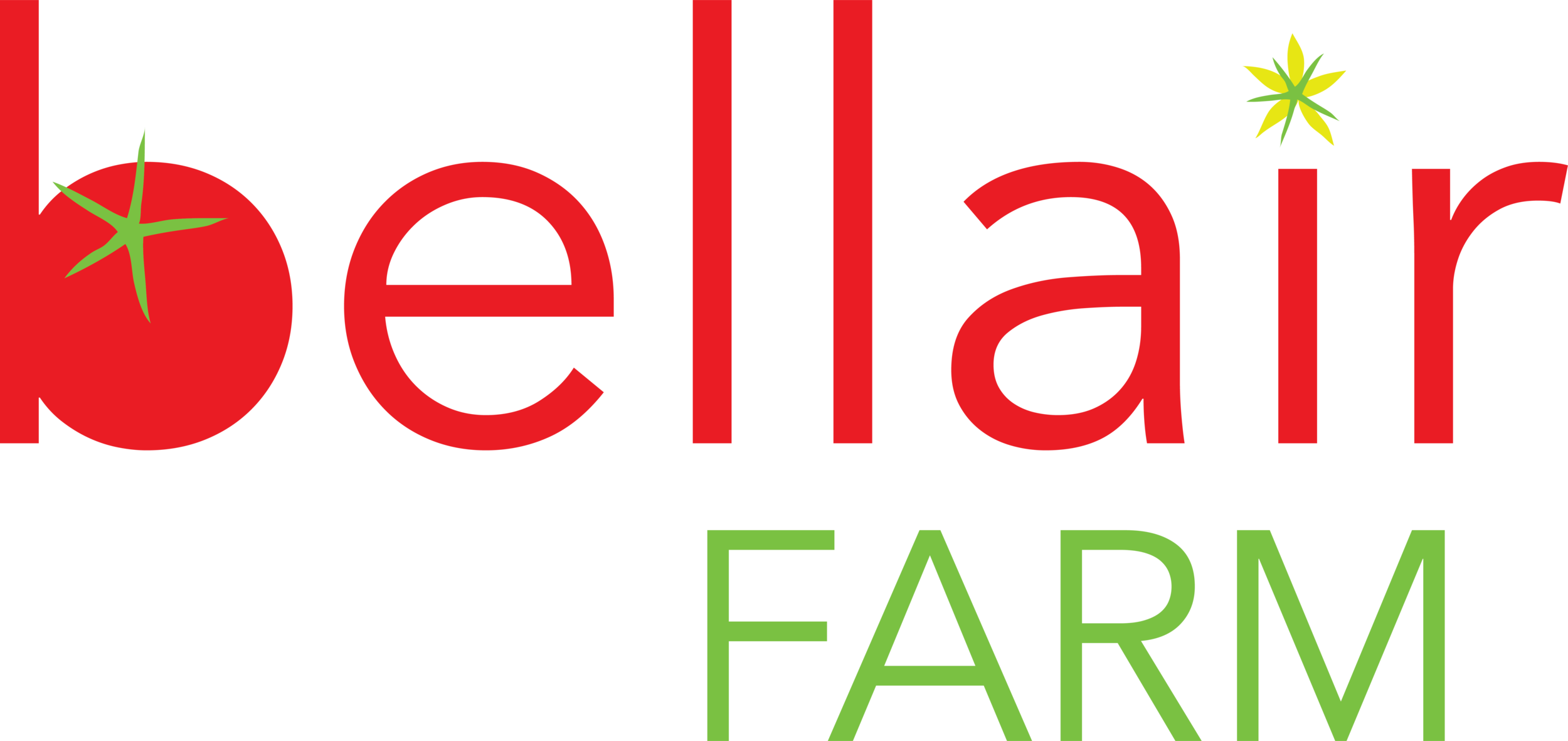Verdurette or Homemade Veggie Bouillon
Finished jars of verdurette aka homemade veggie bouillon!
I first heard about this recipe when scrolling instagram and coming across one of the wild food and foraging accounts I follow: @blackforager. Part of what excites me so much about this dish is that Alexis Nikole aka blackforager, had been inspired by another forager, who’d been inspired by another forager and so on. Making this ferment helped me feel like I am part of a new version of oral traditional culture. We pass on things we learn person to person to person. I like to think about not only those links in the chain, but all the folks who Alexis feeds her verdurette to and all the folks I feed mine to and so on and so on… it’s like a huge network based in knowledge of the land through food.
Anyway, the basic concept is really simple and there are a couple other blog posts out there about it. Essentially, you combine a mix of leafy greens, root veggies, aromatics, and/or herbs with 20% their weight in salt.
Here are the ingredients after combining and massaging with salt!
I fine-chopped my items and massaged salt into them and let it sit for a day before processing in a food processor. Other folks who have made it say you can leave it finely chopped for more texture or puree it for a smoother recipe that disappears into soups and stocks. The idea is that you use this like you would a store-bought bouillon or just use in place of salt in sauces, soups, or really any dish for a bright, verdant flavor with complex umami undertones.
This is what I used, plus a handful of herbs. It was basically just what was hanging around in my fridge, plus some wild-cut upland cress.
For my version, I used:
1 lb 14 oz mixed greens of different flavors: wild-harvested cress, collards, daikon tops, turnip tops, komatsuna, and mustard greens
8 oz roots and aromatics, approx equal parts: onion, garlic, carrot, salad turnip, daikon
1 handful mixed herbs (I had thyme, rosemary, parsley, and chives)
Calculating the salt, I used 4.5 oz salt
I finely chopped everything and massaged the salt in and let it sit, covered, for a day. Then I food-processed and ladled into clean jars and put it in the fridge. The idea is that it slowly lacto-ferments over time and will keep essentially indefinitely if refrigerated. The flavor will change and get more complex over time, but it’s ok to use even right away! I put a spoonful into the sauce I was making for some butternut raviolis that night.
Everything about to get blended up!
I hope this post inspires others to try this! It seems like a really great way to capture the essence of the last bounty of the season before a long winter.
Part of what made this project fun for me is harvesting the wild cress. It has such a pungent flavor that hints at garlic and I thought it would do well in this preparation. Of course, I had to have my trusty foraging partner along for the harvest :)





